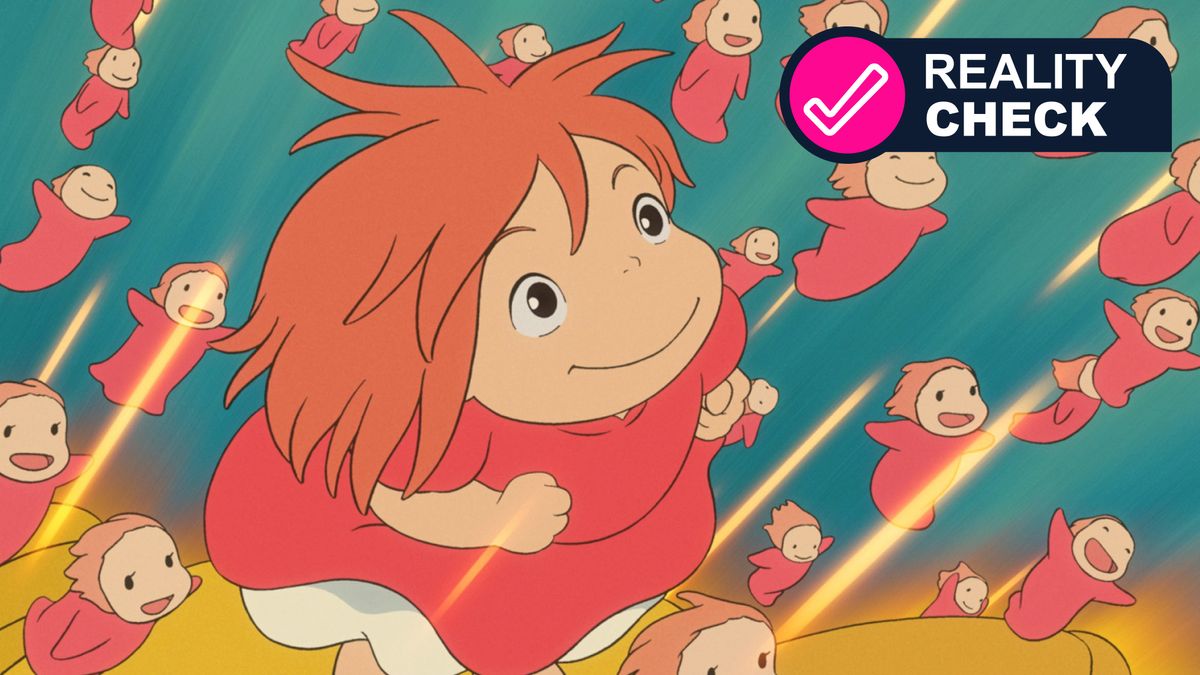Tech Radar
7d
349

Image Credit: Tech Radar
Is ChatGPT's Studio Ghibli craze a copyright timebomb? Here's the verdict from expert lawyers
- OpenAI's latest generative model, GPT-4o, has been updated to include training on a variety of image styles, leading users to recreate Studio Ghibli's hand-drawn look through images.
- This trend has sparked legal and ethical debates as users generate Ghibli-style images, raising concerns about the usage of such imitations while living artists like Hayao Miyazaki are still active.
- While fan art imitating animation styles is common, the easy replication enabled by GPT-4o has led to questions about the value and originality of the recreated content.
- The potential copyright implications of mimicking Studio Ghibli's style have been discussed, with experts suggesting that while visual style itself may not be copyrighted, its usage could pose legal challenges.
- Expert IP litigators like Chris Mammen emphasize that copyright law doesn't protect ideas or styles, but misrepresentation of AI-generated images as official Studio Ghibli products could lead to trademark and unfair competition issues.
- OpenAI's decision to restrict image generation in the style of living artists reflects the evolving challenges in navigating copyright and IP laws amidst the rapid advancements in AI technology.
- As AI tools like ChatGPT continue to evolve, policymakers are faced with the task of adapting regulations to address the complexities surrounding derivative and generative content creation.
- The debate on legal and ethical implications of AI-generated content like Ghibli-style images continues to push for legal reforms and highlights the need for ongoing refinement of policies in response to real-world use and feedback.
- The intersection of AI, copyright law, and artistic integrity remains a focal point for discussions, reflecting the need for a balancing act between innovation and protection of intellectual property.
- With the rapid advancement of AI technologies like ChatGPT and OpenAI Sora, stakeholders are grappling with the complex issues arising in the realm of intellectual property rights and seeking legal guidance for effective regulation.
- The evolving landscape of AI-generated content presents challenges and opportunities for both creators and regulators, driving the conversation on legal reforms and policy refinements in response to the growing impact of AI tools in creative industries.
Read Full Article
21 Likes
For uninterrupted reading, download the app